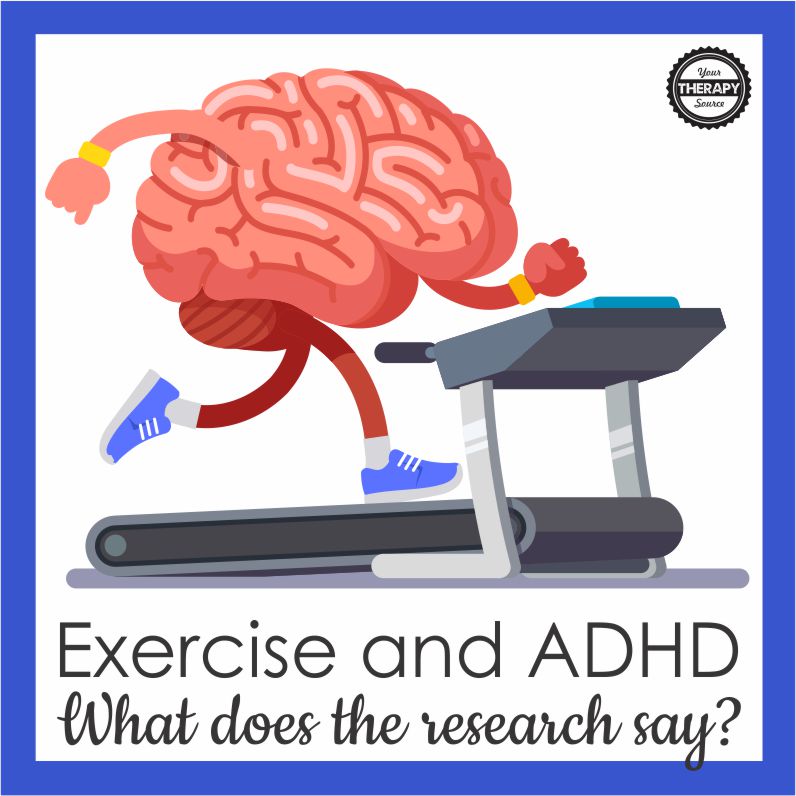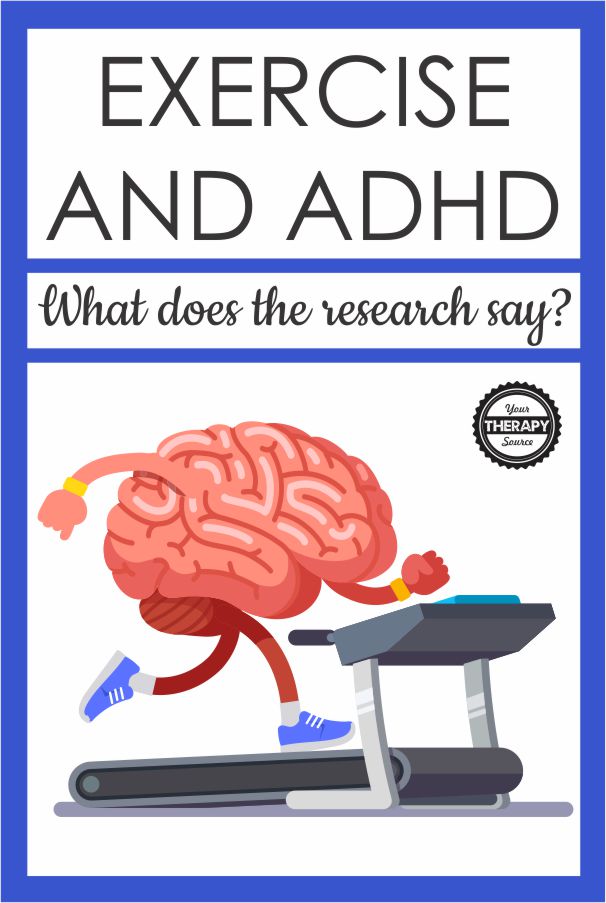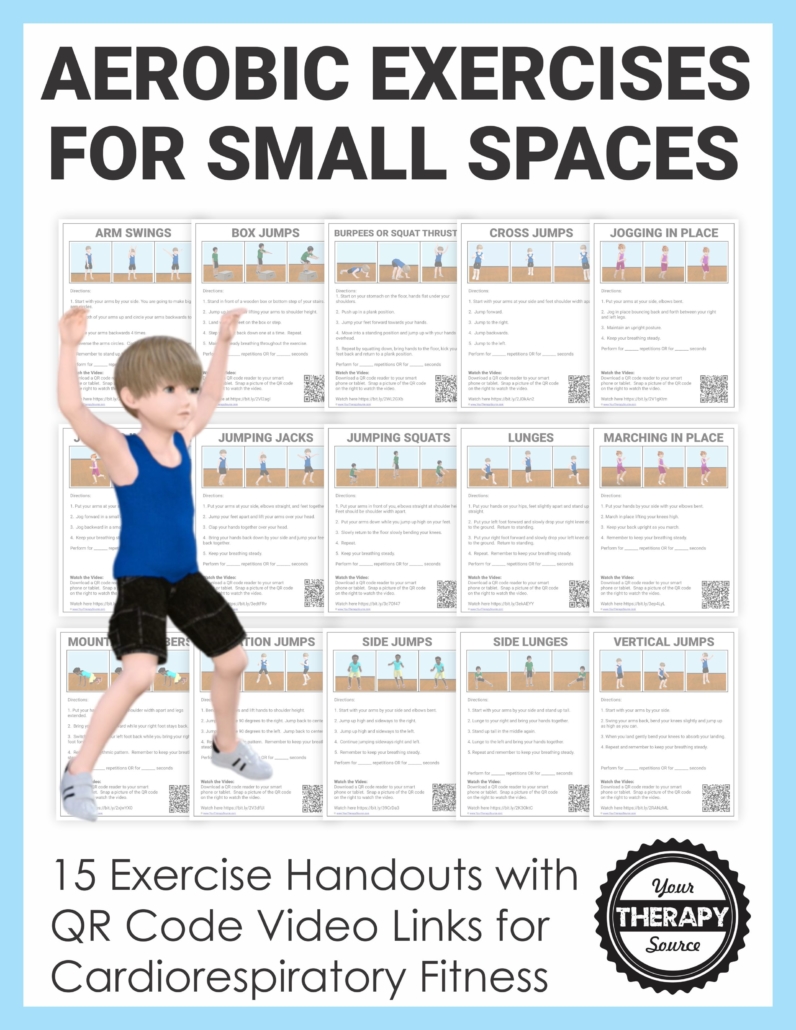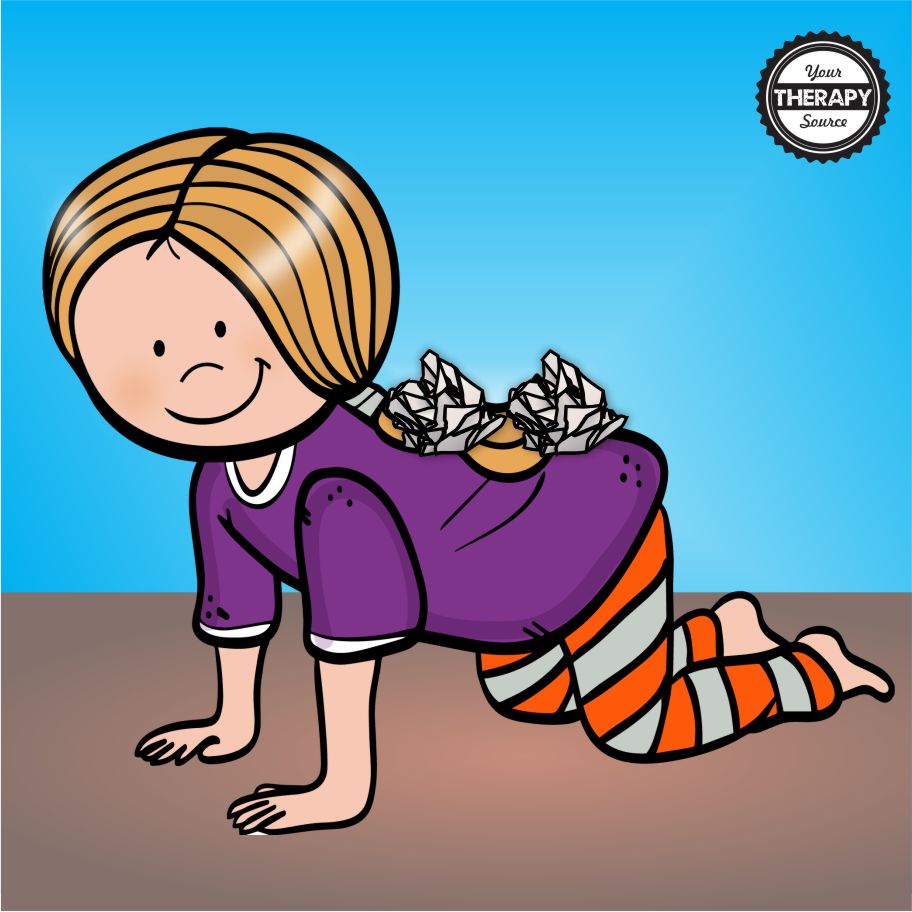Exercise and ADHD – What Does the Research Say?

There has been many studies on exercise and ADHD that indicate a possible beneficial effect on functional outcomes for children with ADHD. A recent meta-analysis research study was completed and published in the Journal of Attention Disorders.
Results of the Study on Exercise and ADHD
After searching various databases, studies reporting on the effects of physical exercise on motor skills and executive functions in children with ADHD were identified. Ten publications were selected to be included in the meta-analysis on exercises and ADHD.
Following data analysis the researchers reported that:
- there was a significant effect of exercise on ADHD functional outcomes.
- Longer exercise intervention duration was consistently associated with larger effect sizes.
- Effect sizes were not related to exercise intensity, mean age of participants, or gender distribution.
The researchers concluded that exercise has a modest positive impact on ADHD functional outcomes, such as executive functions and motor skills, with longer interventions yielding better results (Vysniauske et al, 2016).

When Is the Best Time to Start Exercising?
Neuroscience published research on the effects of exercise on ADHD symptoms. The Dartmouth researchers concluded that:
- The effects of exercise are different on memory as well as on the brain, depending on whether the exerciser is an adolescent or an adult.
- A gene has been identified which seems to mediate the degree to which exercise has a beneficial effect. This has implications for the potential use of exercise as an intervention for mental illness.
The researchers, Bucci and others, found that “the implication is that exercising during development, as your brain is growing, is changing the brain in concert with normal developmental changes, resulting in your having more permanent wiring of the brain in support of things like learning and memory. It seems important to [exercise] early in life.”
Their hope is someday to be able to look at a person’s genotype for brain derived neurotrophic factor (BDNF) and determine if a person with ADHD will benefit from exercise instead of medication.
This research once again supports the benefits of children being physically active at a young age. This is the time when wiring of the brain is taking place so seems obvious that the effects of exercise on learning and memory would be more beneficial the earlier you start.
Research tells us that short aerobic exercise sessions can help children with: cognitive flexibility, self-regulation, behavior, and academic achievement! This Cardio Aerobic Exercises for Small Spaces digital download packet includes 15 aerobic exercise sheets including QR codes with links to animated video demonstration of each exercise. None of the exercises require any equipment.
These activities encourage: endurance, cardio-respiratory fitness, physical activity, and coordination skills.
References:
Dartmouth researchers are learning how exercise affects the brain. Retrieved from the web on 5/18/12 at http://medicalxpress.com/news/2012-05-dartmouth-affects-brain.html
Vysniauske, R., Verburgh, L., Oosterlaan, J., & Molendijk, M. L. (2016). The effects of physical exercise on functional outcomes in the treatment of ADHD: a meta-analysis. Journal of attention disorders, 24(5), 644-654.




